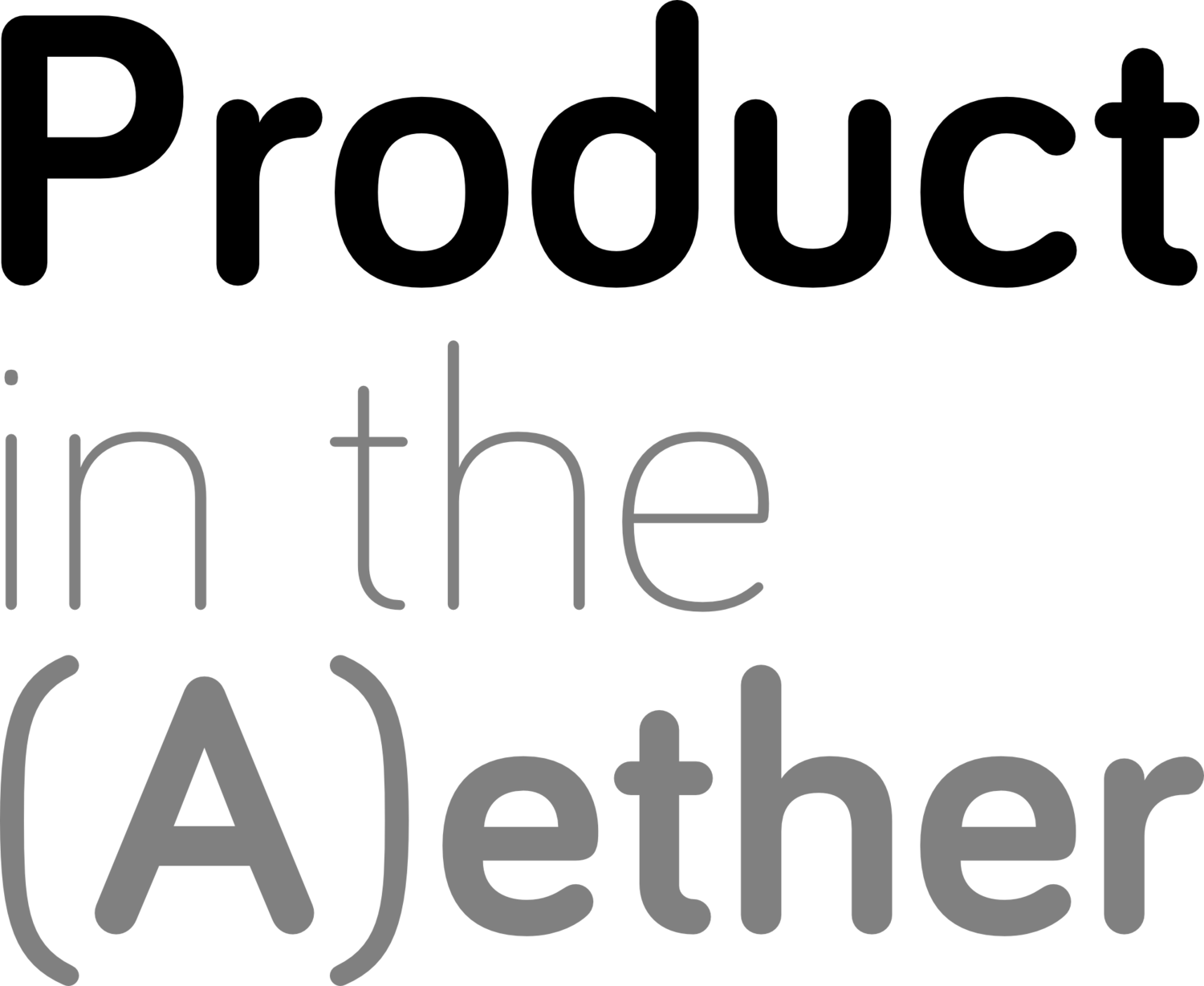PITA 052
Topic 1: Tips for interviewing/ recruiting PMs?
Look for PMs that have done things on the side - they understand how business actually works. Getting clients through the door, money flow, etc. (Though that has issues for people who don’t have the time for that.)
Use scenarios in the interview. Pick something that they’d have to do in the job that’s a bit tough; turn up the volume on it, and ask them to walk you through their approach. IMPORTANT: send it to them in advance. You’re not just testing their ability to bullshit/vamp. Also ask them to give concrete examples of what they’ve done in this space.
Really define the needs of the role in advance - know what you’re looking for. Do this with the hiring team and the people they’ll be working with.
Two questions I like to ask:
How do you make your team(s) better?
And how do you get better at your job/practice? (regardless of what the answer is, just to show that this is something they actively consider)
Look at using AI for some scripts - to get ideas for questions. Use it to analyse your ad. To review CVs, potentially. To identify gaps.
On AI: Raises a good point about any of the questions/case studies you share ahead of time, people could get a good answer from GPT, but you could ask your GPT to come up with in-person follow up questions that would allow to you uncover if it’s their actual answer or from an LLM.
See Hiring Product Managers - Kate Leto
Seconded - and this podcast with Kate.
Be very clear about what you want - PROJECT or PRODUCT manager, and what the organisation expects, and why the org needs a(another) PM.
And be clear (and consistently clear throughout) where the org is at with candidates.
Topic 2: Product slicing / teams definition, tips tricks, what to avoid
There’s no RIGHT way to set the team topology for every org. Define the issues that the org has, and create a model that addresses the ones that are holding you back. Know that you’ll reorg again some day.
Know that the teams will need to coordinate so that there are common elements/components/experiences across a user’s experience.
Avoid a model where you have multiple teams going to the same users, asking about different problems. You could end up looking disjointed or unfocused - or contradict yourselves.
Read Team Topologies.
Avoid a model that’s overly specialised - I was in an org where there were 10 PMs, but none of us had a real understanding of the product from end-to-end. I had to interview all my peers to understand how it worked.
I often come back to this article from Roman Pichler Feature Teams vs Component Teams
Do some customer journey mapping
Topic 3: Product consulting dealbreakers / red flags
As a consultant, you only see part of the picture. What’s stopping them from following through on your work may be external factors.
Examine: Is now the right time to be doing this for the org?
Sometimes this sort of stuff is done as a punt, to see if they’re “ready”. Or to be contradictory for the sake of self validation.
When consulting, your sample size is small. When something doesn’t work, you may need to iterate… but you also need to understand when something is an outlier.
Topic 4: getting hired in this job market / transitioning from product consulting back to pure product management
Work your network. Explain why you’re looking for non-consulting role.
Focus on the 2 or 3 things that you’re really good at and make you special, that will make you stand out.
Cast a wide net - be open to things.
Review your CV and really be critical of it: justify every word and the value it brings.
Make sure that you’re focused on the role, when you land an interview. You’re not selling YOU, you’re selling YOU in that role.
Practise your story, especially when it’s a bit tangled.

